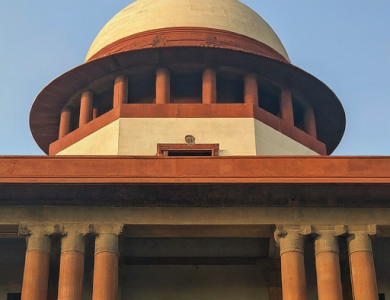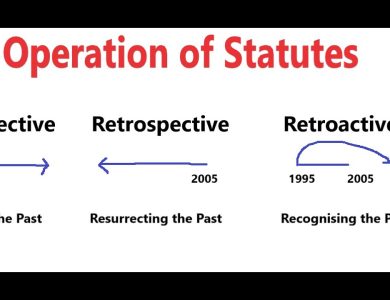Navigating Cross-Examination in Domestic Violence Cases: Key Strategies and Considerations

I can outline some general points that a lawyer might consider during cross-examination in a DV case. Remember, these are broad suggestions and might not apply directly to your case:
Relationship History:
Questions might focus on the history of the relationship, including how long you have known each other, when issues began, and any previous incidents of violence or disputes.
The lawyer might question the context and circumstances of any prior arguments or conflicts.
Details of the Incident:
The lawyer might challenge your account of the DV incident, asking for specific details such as time, location, and any witnesses present.
They might ask about your immediate actions after the incident, like whether you sought medical help or reported to the authorities.
Consistency of Testimony:
Cross-examination might involve questioning any inconsistencies in your statements made to the police, in affidavits, or during the trial.
The lawyer may bring up previous statements to challenge your credibility.
Injuries and Medical Reports:
The respondent’s lawyer might focus on the nature and extent of your injuries, questioning whether they are consistent with your account of the incident.
They might scrutinize medical records, questioning the timing and origin of the injuries.
Motive or Bias:
The lawyer might suggest that you have a motive for accusing the respondent, such as gaining an advantage in custody, divorce, or financial settlements.
They could ask questions to suggest that the accusations are exaggerated or fabricated.
Behavior After the Incident:
The lawyer might ask about your behavior following the alleged incident, such as interactions with the respondent or others.
They might focus on whether you continued to live with the respondent or communicated with them after the incident.
Witness Testimonies:
If there are witnesses, the lawyer might question their credibility, their relationship to you, and their recollection of events.
They might ask about any potential biases or motives the witnesses might have.
Previous Allegations or Legal Actions:
The lawyer might ask about any previous legal actions, such as restraining orders or past allegations of abuse, to question your credibility or establish a pattern of behavior.
Emotional State and Behavior:
Questions might focus on your emotional state during and after the incident, how you described your feelings to others, and whether your behavior was consistent with someone who has experienced DV.
Communication Records:
The lawyer might examine communication records (texts, emails, social media) between you and the respondent to challenge your account of the events.
They might highlight any friendly or contradictory communication that could undermine your testimony.
These points are general and may vary depending on the specifics of each case. It is essential to consult with your lawyer to prepare for cross-examination effectively.








